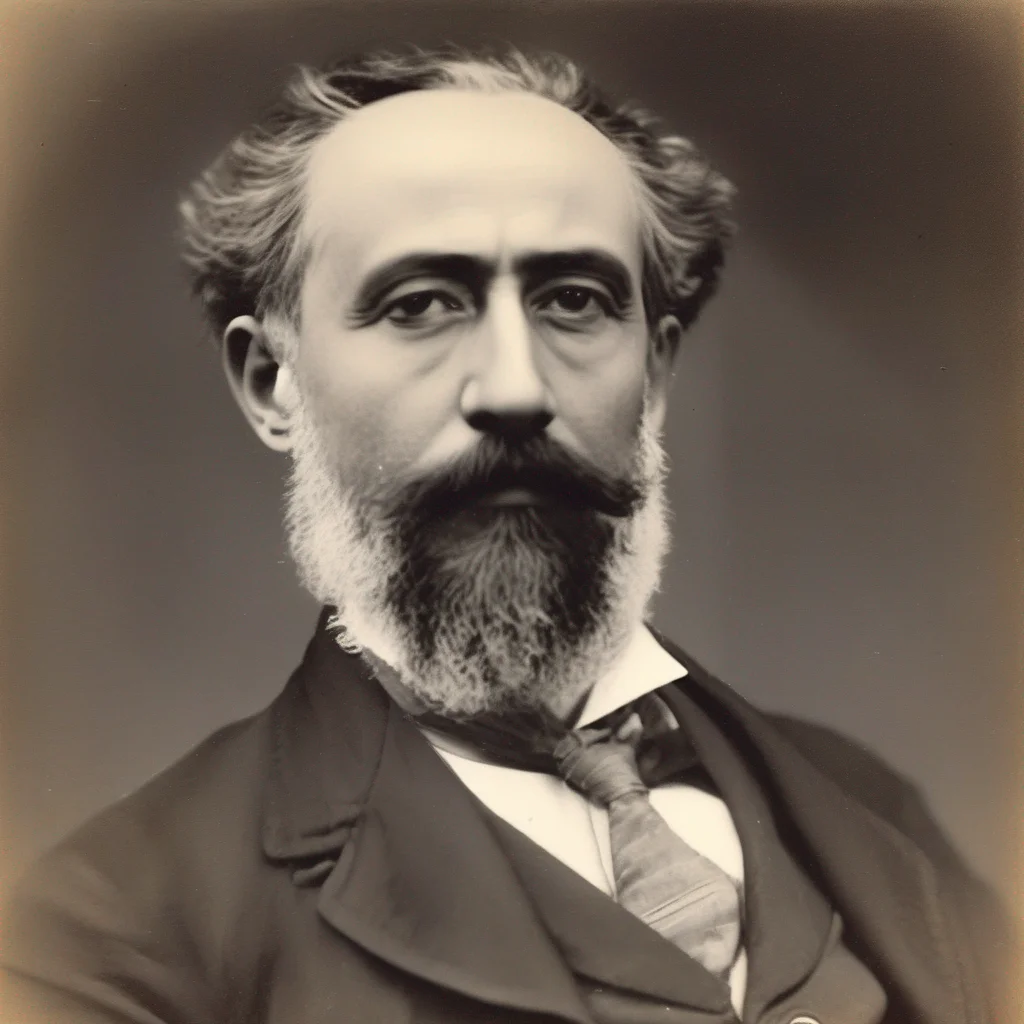
Álvaro de Campos
Álvaro de Campos was a Portuguese poet who was born in Tavira, Portugal in 1890. He studied mechanical engineering and eventually graduated in ship engineering in Glasgow. After a journey in Ireland, Campos sailed to the Orient and wrote his poem "Opiario" in the Suez Canal. He worked in Barrow-on-Furness and Newcastle-on-Tyne before returning to Lisbon in 1926.
Campos' works may be split into three phases: the decadent phase, the futuristic phase, and the decadent (sad) phase. In the first phase, he was influenced by his friend Mário de Sá-Carneiro and wrote poems that expressed pessimism. In the second phase, he was influenced by Walt Whitman and Filippo Tommaso Marinetti and wrote poems that praised the power of technology and the strength of machines. In the third phase, he wrote poems that expressed emptiness and nostalgia.
Campos was a complex and contradictory figure who was always searching for new ways to express himself. He was a master of language and his poems are full of vivid imagery and powerful emotions. He is considered one of the most important poets of the 20th century.